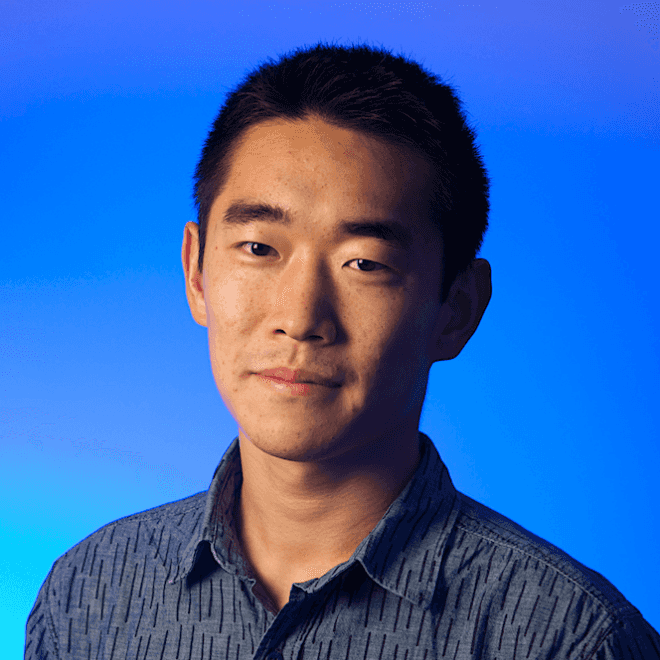Entanglement, dynamics and computation in many-body systems with power-law interactions

Speaker
Andrew Guo(QuICS and JQI)
Event Type
Dissertation Defense
Date & Time
November 9, 2022, 2:00pm
Where to Attend
ATL 3100A and Virtual Via Zoom
Quantum many-body systems with long-range interactions—such as those that decay as a power-law in the distance between particles—are promising candidates for quantum information processors. Due to their high degree of connectivity, they are potentially capable of generating entanglement more quickly than systems limited to local interactions, which may lead to faster computational speeds. The questions of the nature of the speed-ups they can achieve—as well as how to program these long-range systems to achieve such speed-ups—are, therefore, of prime theoretical interest.
To understand the nature of the speed-ups achievable, it is natural to consider the dual question, which is what are the fundamental speed limits in quantum many-body systems? Given that most systems relevant to quantum computation operate in the non-relativistic regime—where information typically propagates at velocities far below the threshold set by the speed of light—the absence of an absolute speed limit seems to allow for unbounded rates of information transfer. However, in 1972, Lieb and Robinson restored a notion of locality in systems with local interactions by proving a bound that led to light-cone-like regions outside which information propagation is exponentially suppressed. The question of whether similar bounds could be proven for long-range systems has remained open—until recently.
In this thesis, we will describe results related to the now-fuller picture of the fundamental rates of information propagation in power-law-interacting systems. First, we consider the regime of “strongly long-range” interactions, for which velocities can grow unbound- edly with system size. We will present Lieb-Robinson-type bounds for these systems and also outline a protocol that can transfer quantum states as fast as these bounds will allow. We will also discuss the implications of these bounds for quantum information scrambling.
The second part of the thesis will study how protocols for transferring quantum states quickly can be used to perform multi-qubit gates. In particular, we will demonstrate how the power of long-range interactions allows one to implement the unbounded fanout gate asymptotically faster than systems with local interactions. This result also implies the hardness of simulating the dynamics of long-range systems evolving for superlogarithmic times, and demonstrates the potential for insights from quantum many-body physics to lead to a more powerful toolbox for quantum computation.
Finally, we will address the question of fundamental speed limits in quantum systems that are open to the environment. A priori, it may seem surprising that such speed limits may exist, since non-unitary processes may break locality constraints. However, we show that under certain assumptions such as linearity and Markovianity of the bath, one can restore a notion of locality using Lieb-Robinson-type bounds. We use the resulting bounds to constrain the entanglement structure of the steady states of open long-range systems, a first step towards proving the area law for such systems.